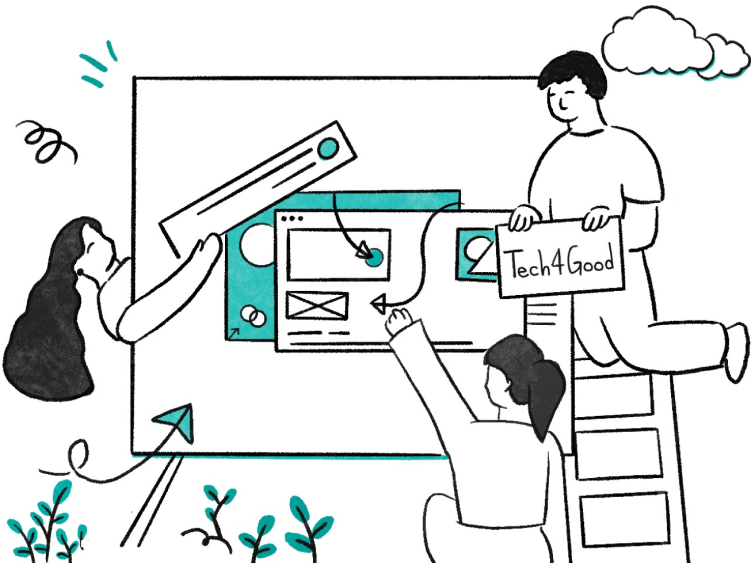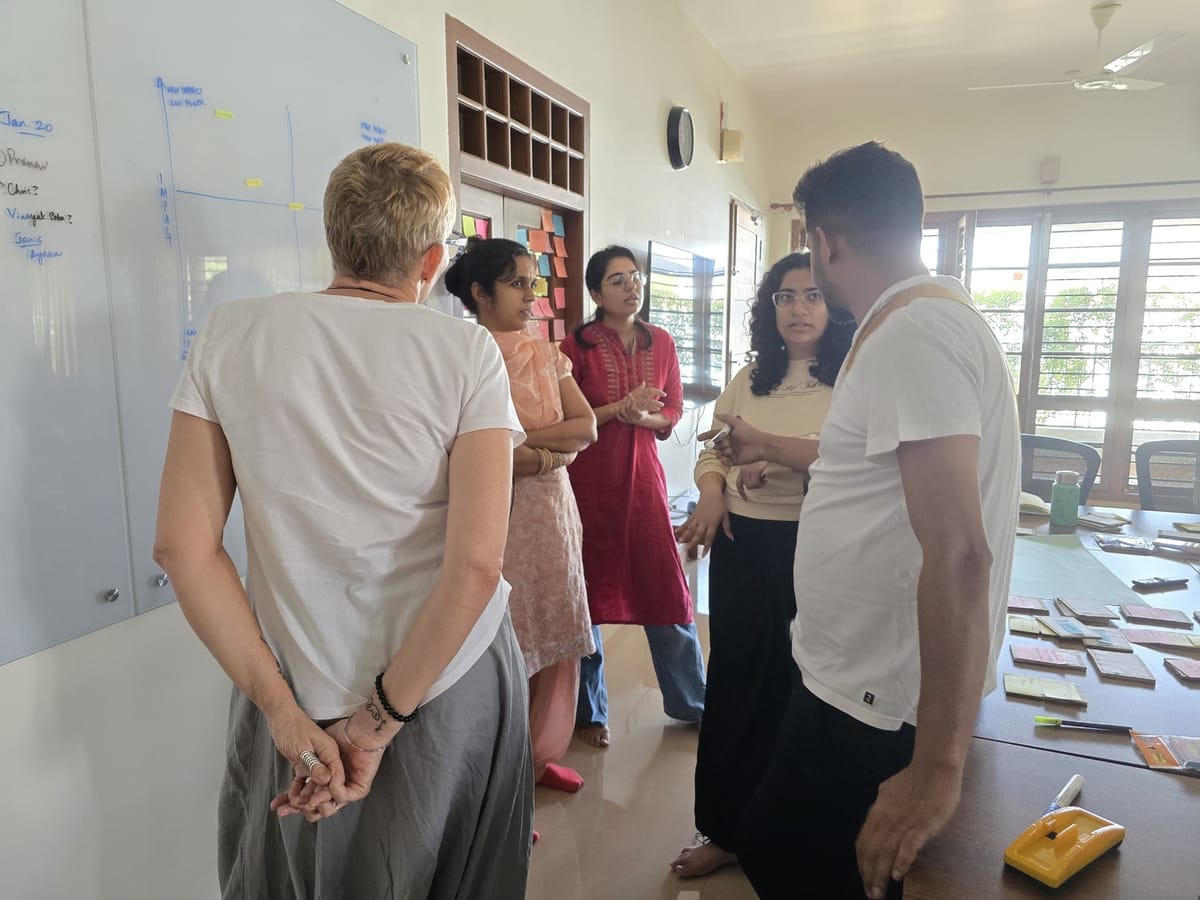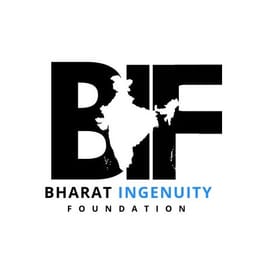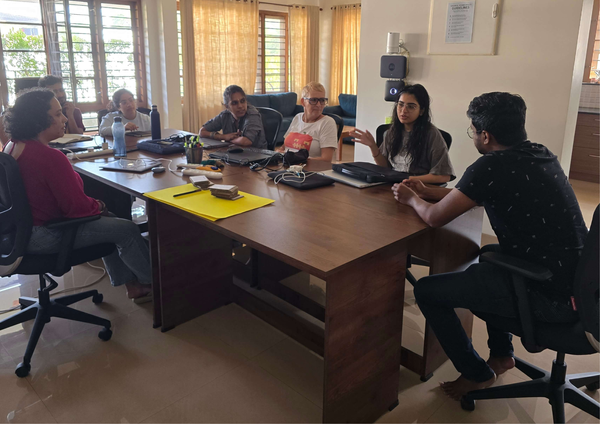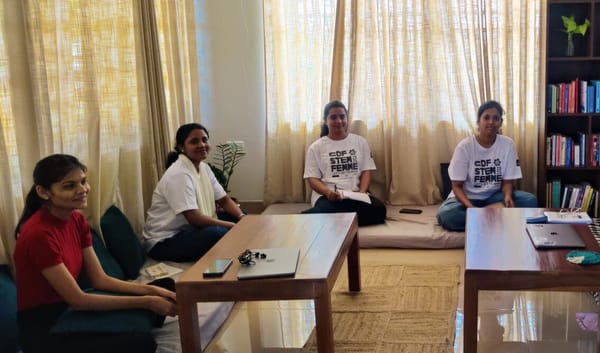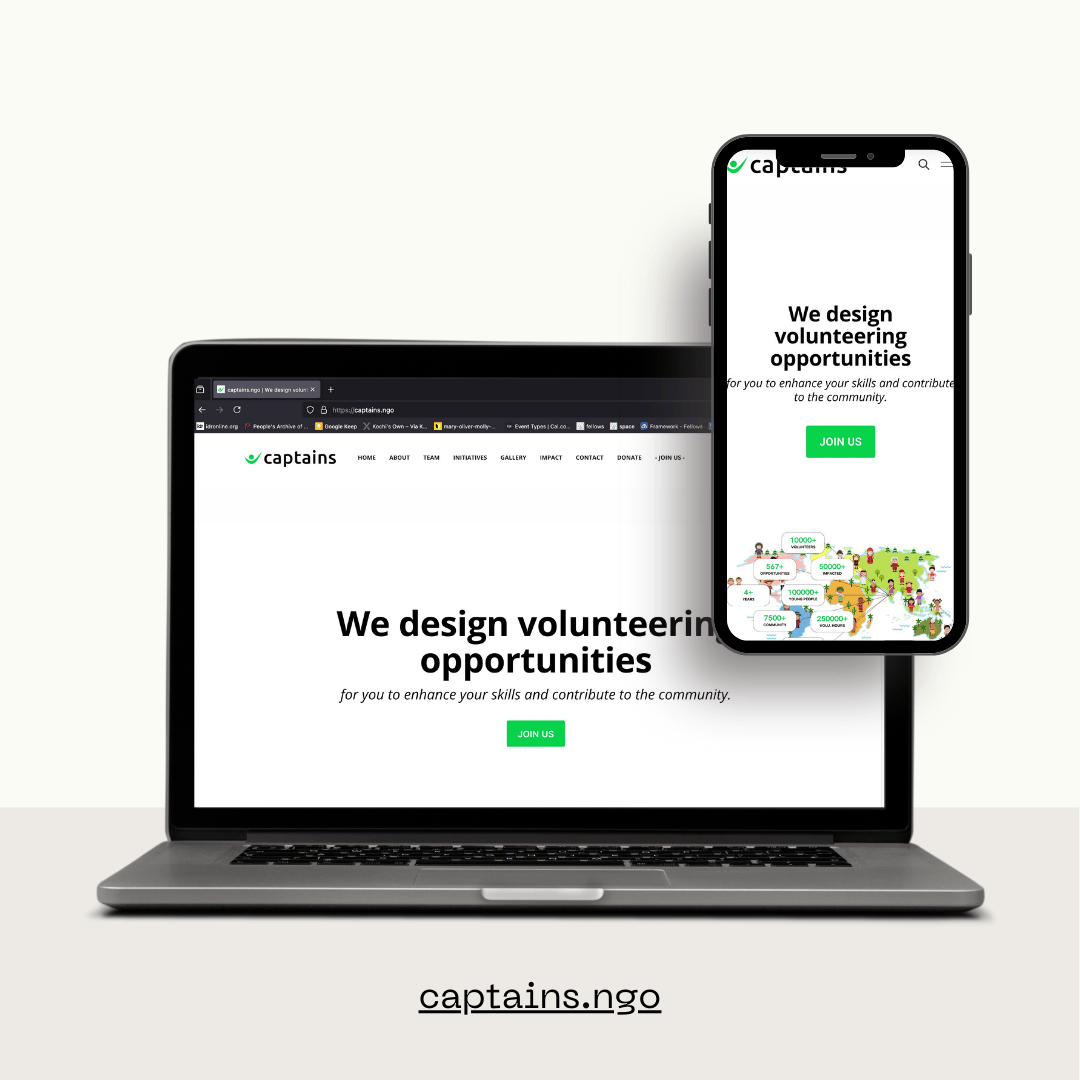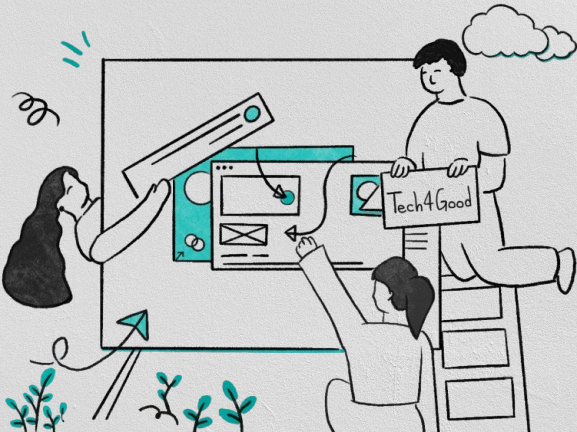As India works towards achieving its 2030 Sustainable Development Goals (SDGs), the contribution of grassroots organizations cannot be overlooked. These organizations are deeply rooted in local communities, making them uniquely positioned to reach people who are often left out of conventional government programs. Their firsthand understanding of local issues allows them to implement social initiatives effectively and bring meaningful change at the ground level. The unique thought process of these organizations also helps governments implement development programs more efficiently and innovatively.
Empowering Grassroots Organizations with Open-Source Tools
For grassroots organizations to sustain and expand their impact, they need proper support, guidance, and resources. This is where a strong support ecosystem becomes crucial. One such example is the invaluable assistance provided by aikyam fellows to grassroots organizations like ours, Bharat Ingenuity Foundation, which focuses on addressing social, economic, and environmental challenges in the remote regions of Northeast India.
aikyam has played a key role in equipping us with the right tools to amplify our work and share our stories with a larger audience. One of the most impactful aspects of this support has been the introduction to open-source tools that are budget-friendly and highly effective for grassroots organizations.
We started by learning the basics of impact storytelling, with a focus on discoverability. A major takeaway was building a website using Ghost, an open-source platform that is cost-effective and easy to maintain. This has allowed us to enhance our online presence without heavy financial investments. You can find the website we designed using Ghost below.
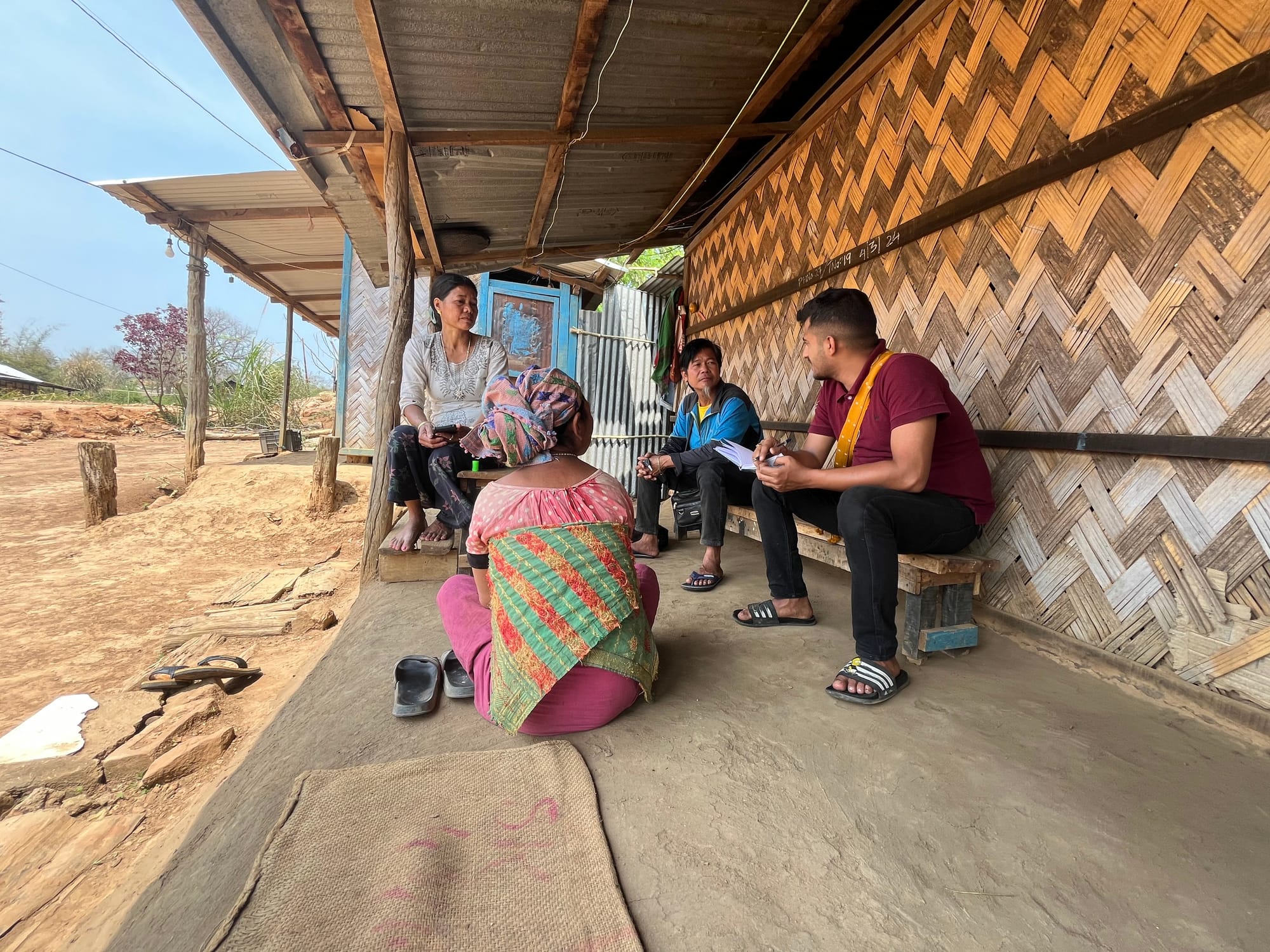
Additionally, we explored BookStack, a tool that helps organizations manage their data securely while retaining complete ownership. This was particularly important for us, as data security is a growing concern in the nonprofit sector.
Apart from digital tools, the sessions also emphasized strengthening our organizational capabilities. One of the most useful components was learning how to effectively collect and manage data using Kobo Toolbox, a free and open-source data collection tool. This will significantly improve our ability to gather insights and measure the impact of our initiatives.
We also received training on Enterprise Resource Planning (ERP), which will be instrumental in streamlining our operations as we grow. With this knowledge, we are better prepared to manage resources efficiently and scale our impact in a structured way.
Additionally, the capacity-building initiative provided an opportunity to network with like-minded individuals from across the country, fostering peer-to-peer learning and potential collaborations for future growth opportunities.
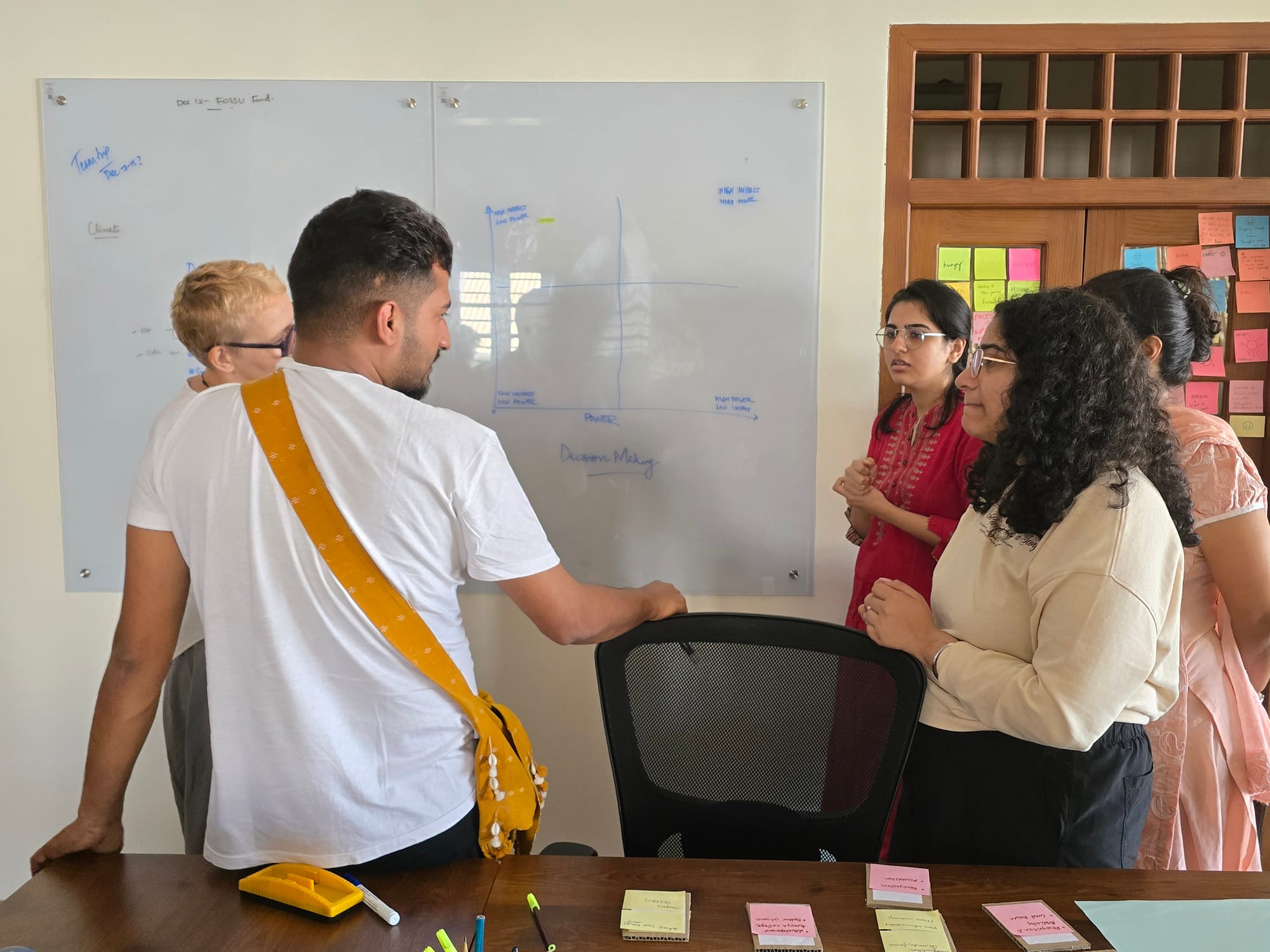
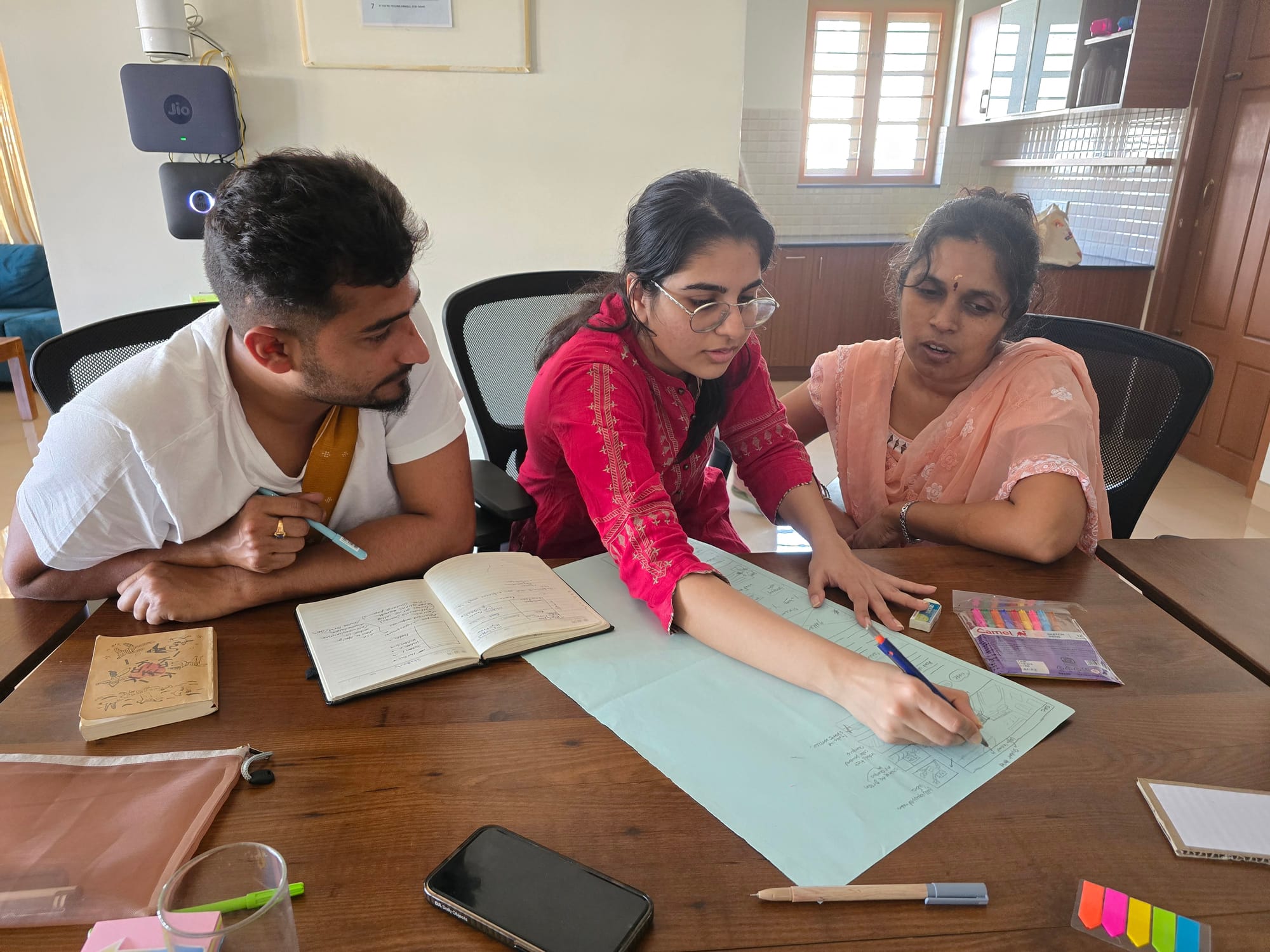
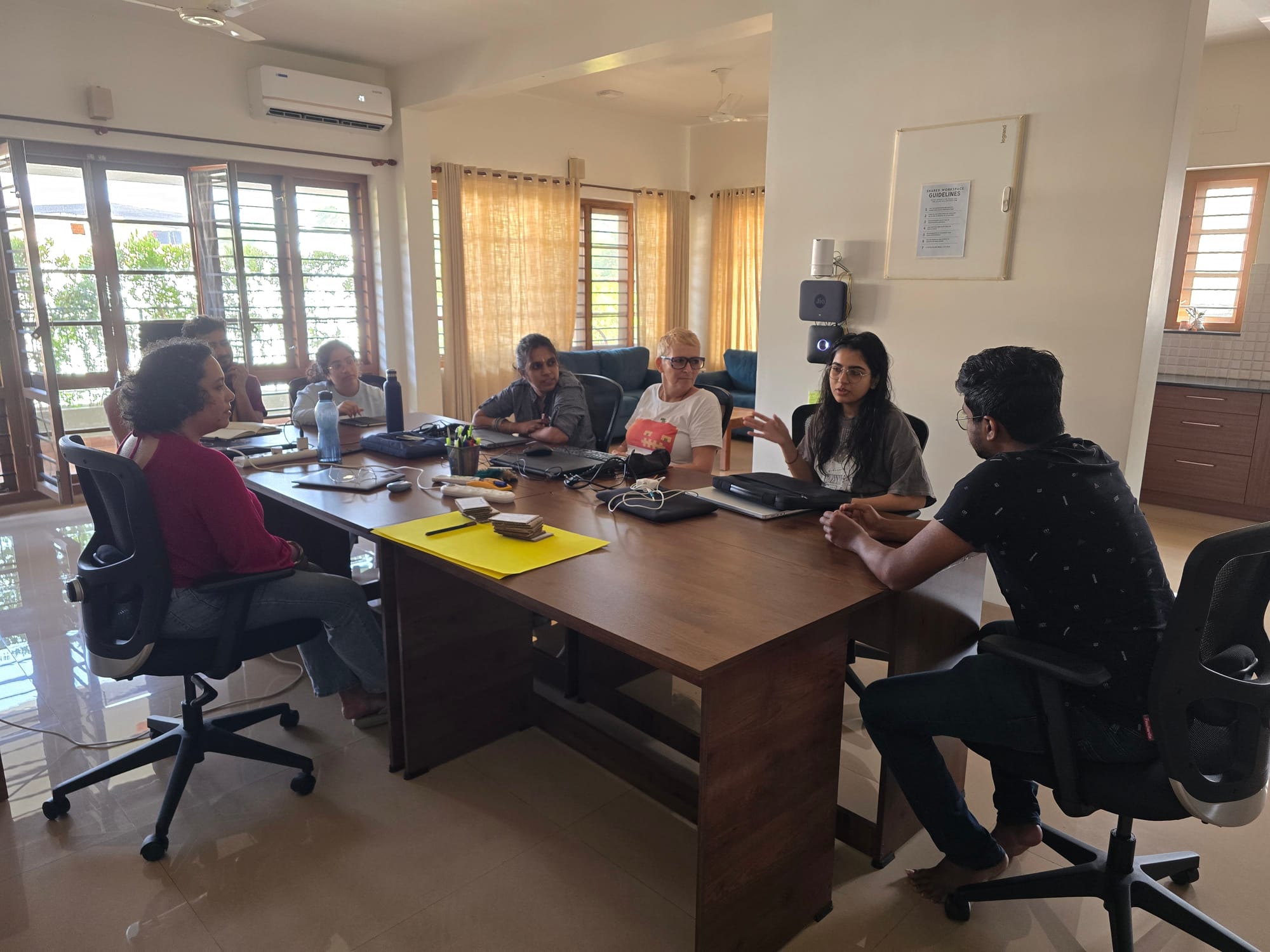
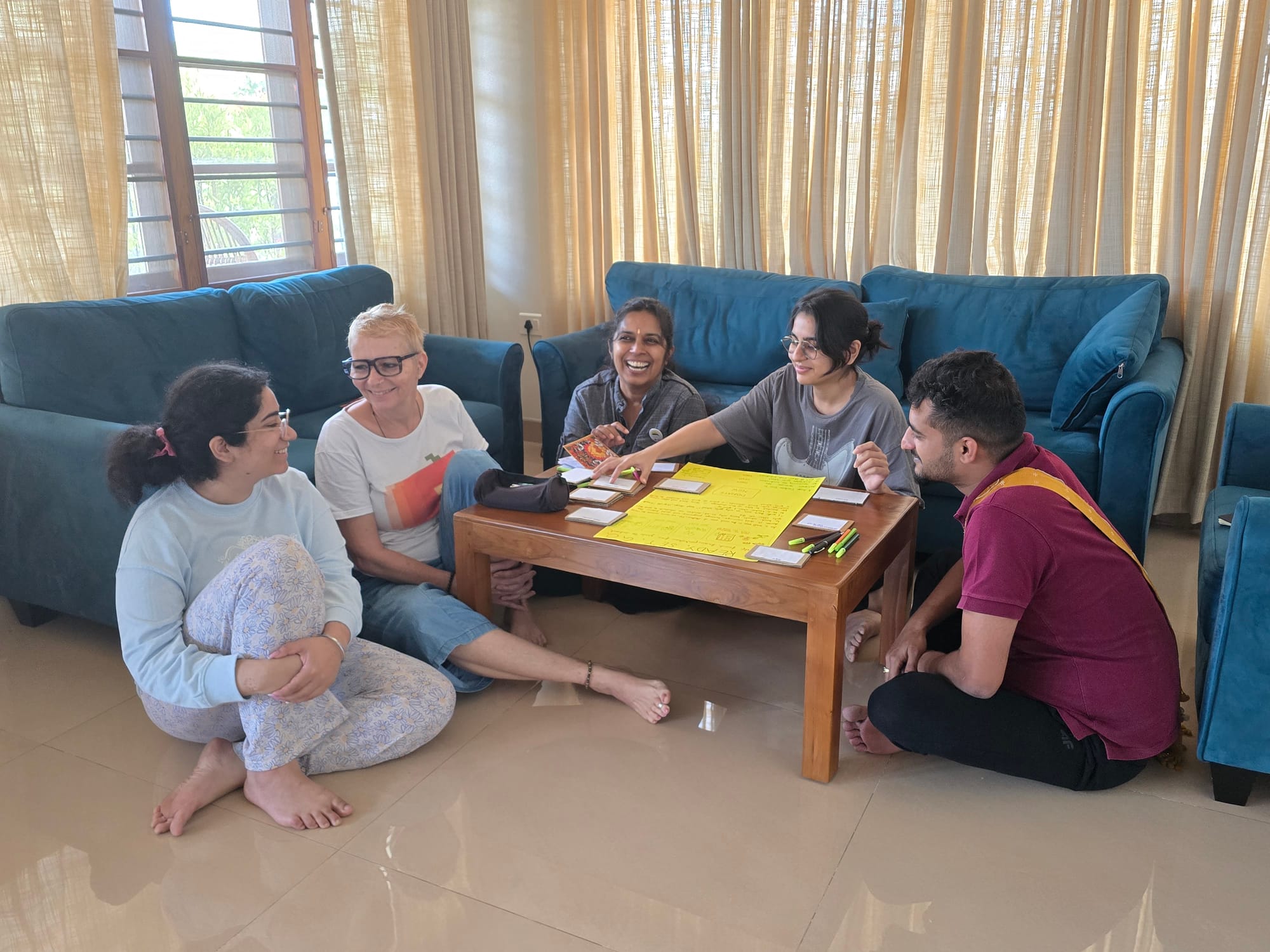
Glimpses from the Tech for Climate Action Residency
Creating a Collaborative Ecosystem for Growth
The knowledge, resources, and mentorship provided through this capacity-building initiative will help us create a lasting impact in the communities we serve. More importantly, it highlights the need for a collaborative ecosystem in the social sector, where larger organizations support smaller grassroots initiatives to thrive.
For India to successfully achieve its 2030 Sustainable Development Goals, such collaborations must be encouraged. By strengthening grassroots organizations with the right tools and knowledge, we can collectively drive sustainable and inclusive growth, ensuring that no community is left behind.
We are grateful for the support received and look forward to implementing these learnings to create a more sustainable and impactful future.
